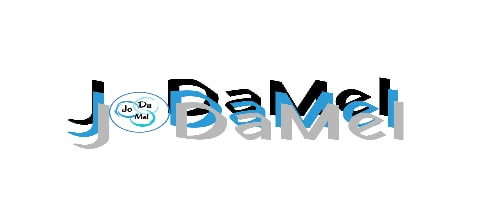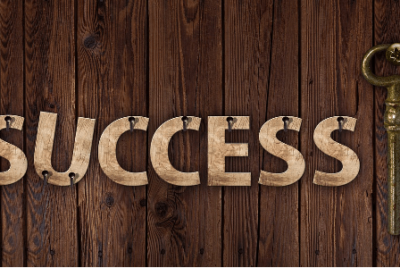The 6 Myths and Truths of Learning
Learning is the process of using our senses to acquire a new understanding of skills, knowledge, or attitudes to achieve a goal.
We all have different styles of learning. We can be visual, auditory, read/write, and/or kinesthetic — hands-on or learn best by doing learners. We can employ one or a combination of the different learning styles to learn.
Ronald Gross, in his book Peak Learning, identified Six Myths and Truths of Learning that is good to know and can guide us as we dive into the wonderful world of learning.
6 Myths and Truths of Learning
Myth 1: Learning is a tedious, unenjoyable activity.
The Truth: Learning can be one of the most engaging compelling activities you can engage in– when it is the shortest path to what you want and need to know.
Myth 2: Learning deals only with the subjects and skills taught in school.
The Truth: The best subjects and skills for you to learn depend entirely on what you want to make of yourself and your life. This is true because each of us has a unique range of interests.
Myth 3: We must be passive and receptive to absorb knowledge.
The Truth: True learning is an active process of examining information, evaluating it for some purpose, and going on to the next action.
Myth 4: To learn, you must put yourself under the tutelage of a teacher.
The Truth: As an adult, you are in charge of your learning. Teachers are one crucial resource that we can use, but they should be on tap, not on top. It’s your learning, not theirs.
Myth 5: Learning has to be systematic, logical, and planned.
The Truth: Good learning balances thoughtful planning when flexibility is present. Adult learning is sensitive to your changing interests and to the opportunities available.
Myth 6: Learning needs to be thorough, or it’s not worth doing.
The Truth: One of your most useful decisions about any learning project is simply that of how much of the subject you want and need to learn–a decision that often is best made after you have started, not before.
In Summary
The myths and truths about learning showed us that learning is dependent on the person, and we are ultimately in charge of what, who, where, why, and how we learn. And the knowledge we gain is based on our goals. And whatever style we prefer to learn, what is essential is to learn what we need to know to achieve our goal. We learn what we need to achieve our goal in the fastest and most efficient way possible.
Source
Gross, Ronald(2003). Peak Learning.Hudson Street, New York. Pearson Custom Publishing, p.47-50




Very good article.
I definitely love this site.
Thanks!